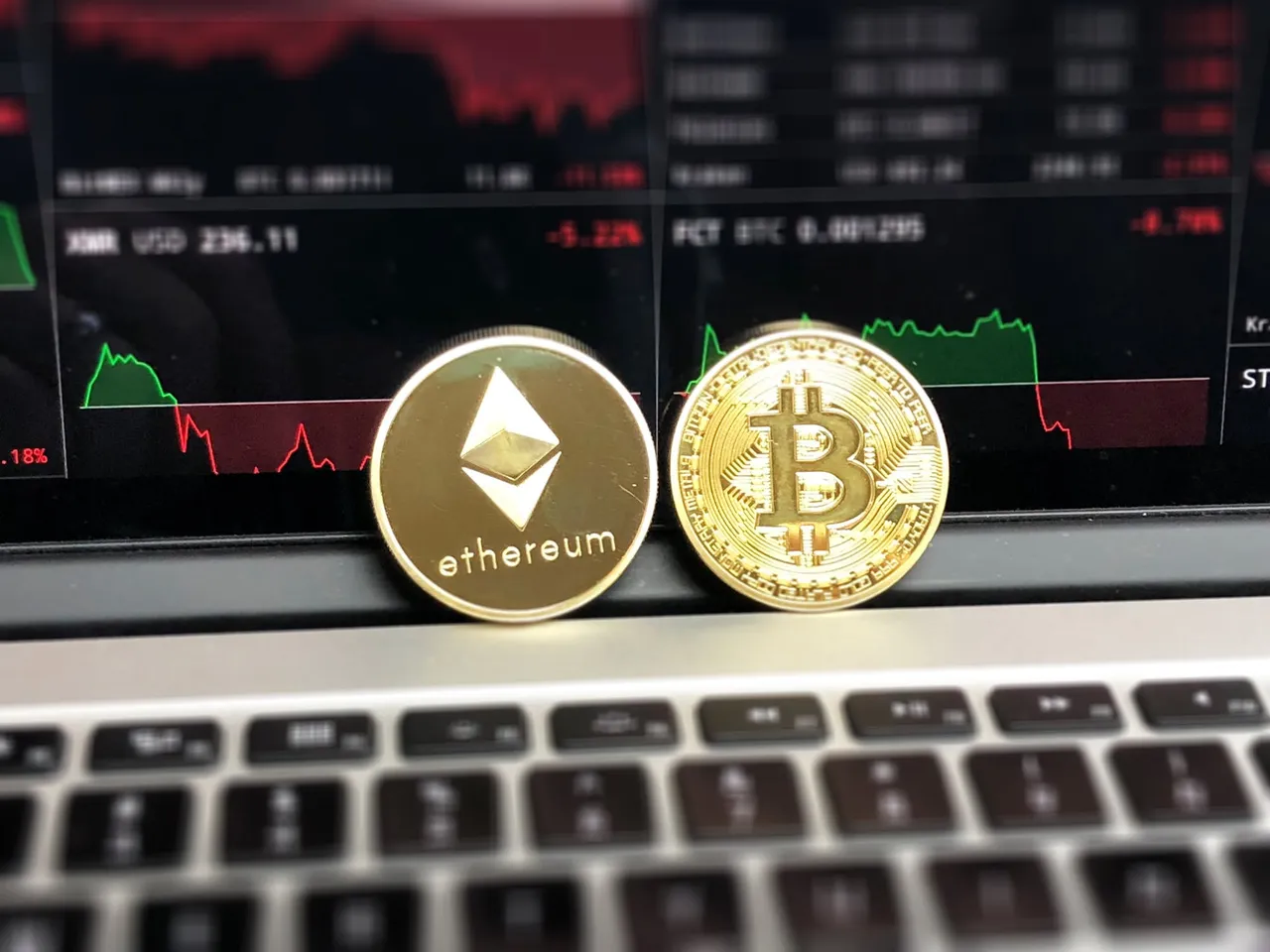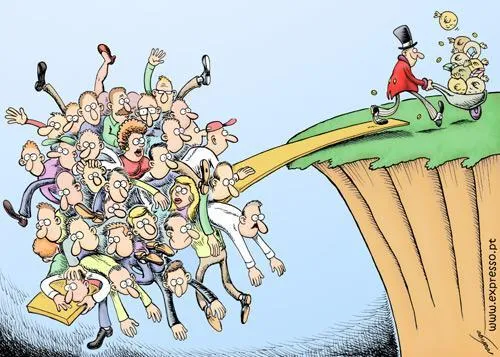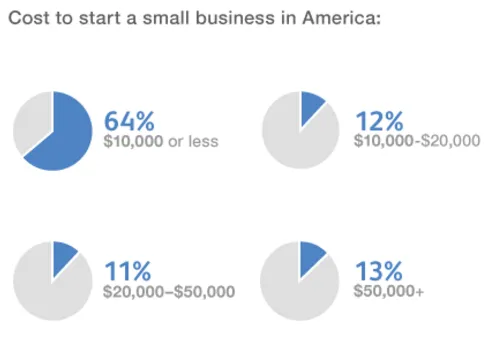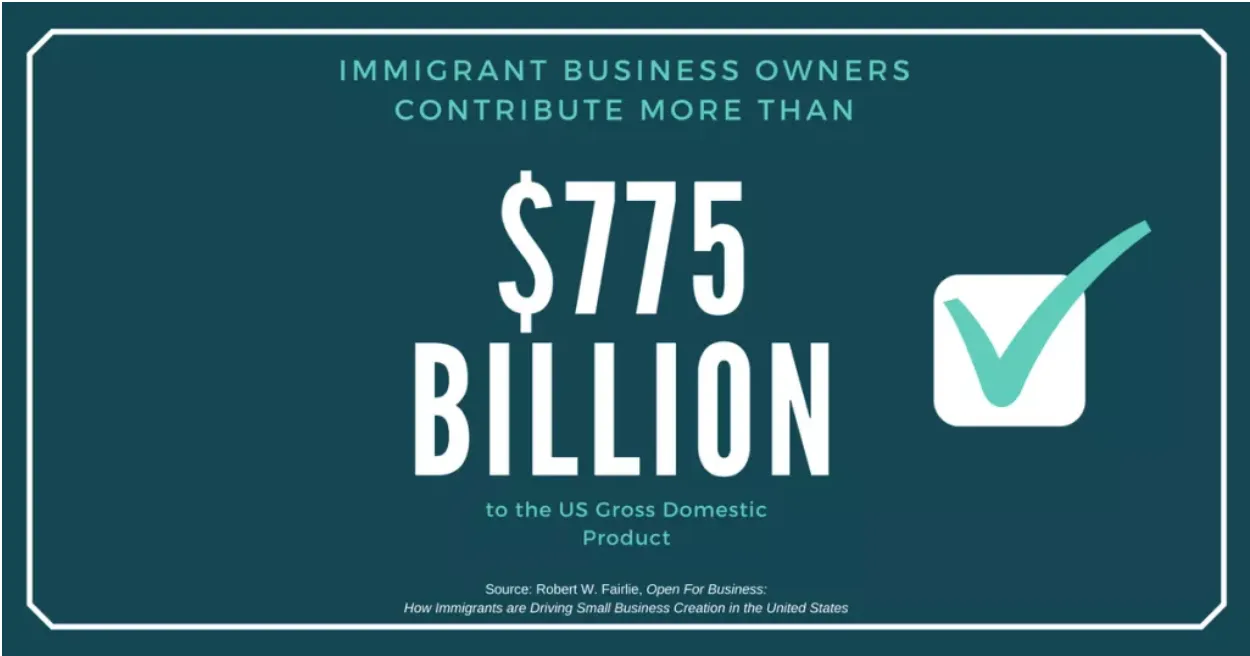Over the past few months, Universal Basic Income(UBI) has gotten a lot of attention. As the 1% get richer, the middle class shrinks, employment becomes less stable, and extreme poverty rises; we need to rethink the system. According to the National Poverty Center, approximately 1.6M households in the US are living in extreme poverty, which includes 3.5M children.(1)

Over the last century, centralized forms of authority have proven again and again that they do not work in favor of the people. Take the recent Tax Cut, which slashed the federal corporate tax rate from 35% to 21%. The millions and billions saved by corporations will be doled out to the Exec’s and Top Shareholders, not the workers. Yes, middle class workers will get a little bit of a cut, but nothing near what the rich are getting.
Senator Claire McCaskill of Missouri states that “It’s a debt-inducing, make-rich-people-richer tax bill that in the long run is not going to be helpful to the vast majority of people in my state that are sitting around the kitchen table trying to figure out how [to] come out even at the end of the month.” (2) - January 9, 2018

What UBI Really Means
Basic income is simply a cash transfer guaranteed to all individuals with no conditions or strings attached. There are no restrictions on how it can be spent, work requirements, or fitness tests attached to the transfer. According to the Y Combinator UBI Research taking place in Oakland, California a basic income should be roughly equal to about $12,000/individual a year. There are other UBI experiments taking place in Canada, Finland, Kenya, and India.
How it Works
The most common argument against basic income is that it’s unaffordable. However, it is important to note that the Federal Governments spends about $670B per year on Welfare programs. According to reports from the CATO Institute, a family of three can receive assistance from various programs, such as Food Stamps, valued at $28,000 a year.(3)
The United States is very wealthy compared to other countries, and makes up about a quarter of the World’s GDP, estimated at 74 Trillion.(4) This puts GDP into perspective at a global level. It makes sense that the other big world players, like China, Canada, and India need the US’s economy and global GDP to prosper.
So we have the money, it's just a matter of cutting through red tape, the Media (in which 6 major companies own 90% of the media), and greedy individuals.
UBI money is not taxed and allows the free market to remain intact.
In the Y Combinator UBI Research, half the participants are given a basic income of $1,000 a month for three to five years. Now, that’s not a whole lot of money, but to people living in extreme poverty, that’s serious cash flow.
Why it Will Transform Our World
Small business and entrepreneurial endeavors are the solution. Some statistics to put small business into perspective:
1. 64% of small business owners start with $10,000 or less and are primarily self-funded.(5)

What if we could empower the people living in poverty to create their own small business? With technology as our catalyst, we need to start thinking BIG, at both a micro and macro level. Think Global, Act Local!
2. 50% of small businesses will survive 5 years or more. Approximately one-third will survive 10 years or more. (6)
Those are pretty good statistics if you ask me, compared to a corporate minimum wage job that restricts your creativity, imagination, and passions.3. As of 2012, there were 8 million minority-owned businesses in the United States. First and second generation immigrants are more entrepreneurial and..

As we make strides in automation and AI, we need to rethink society’s ideologies towards work and purpose. We need to stop measuring our success on our levels of productivity. Yes, some participants will waste the money, but the vast majority of them would spend the money wisely.
Instead of solely focusing on getting enough resources to survive on, people can focus on spending more time doing things they want to pursue - whether that’s a job they enjoy/matches their skillset, starting their own venture, going back to school, or spending more time doing leisurely and fulfilling tasks.
Thanks for reading!
Here's a video with more detail: